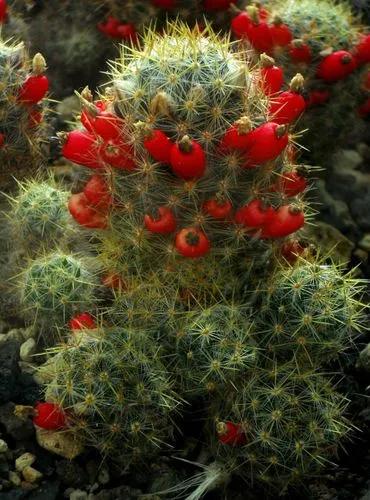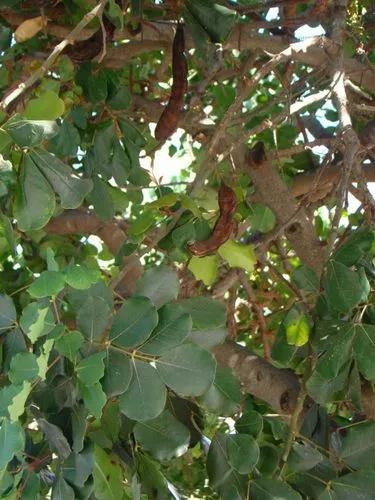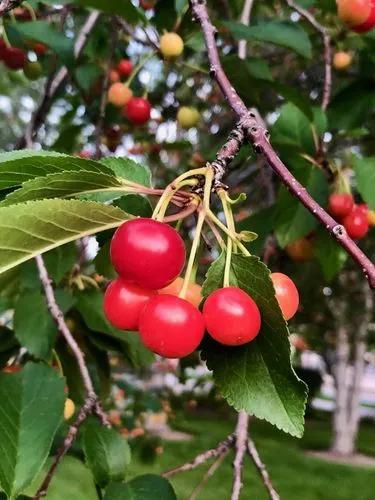Ready to bring the zesty, aromatic charm of the Kaffir Lime? This remarkable plant not only adds a refreshing touch to the surroundings but also offers culinary delights. Let's explore how to care for and grow this citrus companion.
Kaffir Lime Care
Citrus Hystrix



The Kaffir or Makrut Lime, scientifically called Citrus hystrix, is a small, evergreen tree native to Southeast Asia, which can reach a height of about 6 to 8 feet (1.8 to 2.4 meters). This citrus gem is cherished for its distinctive double leaves and aromatic fruits, used traditionally in many native cuisines. In USDA zones 9-10, the Kaffir Lime tree blooms year-round, producing fragrant white flowers. The dark green fruit can reach around 1.5 inches (3.8 cm). Its wrinkled rind contains essential oils that are a sought-after commodity in the perfume and skincare industries. They emit a zesty, refreshing scent that allows them to become a frequent guest in fragrances, soaps, and aromatherapy products.
How to Care for the Plant

Water

Keep the soil consistently moist—water thoroughly when the potting mix's top inch (2.5 cm) feels dry. During spring and summer, water more frequently, but reduce the frequency in the dormant winter months. Always ensure proper drainage to prevent root rot.

Pruning

Pruning is not necessary but can help shape the plant and remove dead or damaged branches. Be cautious not to over-prune, as it may reduce fruit production.

Fertilizer

Here's a cheat sheet: balanced, water-soluble fertilizer with a 2:1:1 or 3:1:2 NPK (Nitrogen-Phosphorous-Potassium) ratio. During the growing season, feed the plant every 6 to 8 weeks. Reduce fertilization during winter and autumn.

Sunlight

If natural light is insufficient, supplement with a grow light to ensure proper growth, as Kaffir Limes thrive in bright, indirect sunlight. Provide 6-8 hours of light per day by placing it near a window that allows such generous sun exposure.

Soil

Well-draining potting mix with a slightly acidic to neutral pH (around 6.0 to 7.0) is the best choice. You can amend the potting mix with perlite or sand to enhance drainage.

Propagation

The easiest method for indoor propagation is using semi-hardwood stem cuttings. Root the cuttings in a well-draining mix and maintain high humidity. Planting several cuttings in one pot can lead to a bushier growth habit.

Temperature

Kaffir Limes' ideal temperature range would be around 70-100°F (21-37°C). Keep the plant away from drafts and cold windows during winter, though.

Container

A container with 18 to 24 inches (46-61 cm) and a depth of 12 to 18 inches (30-46 cm) would be best for indoors. Ensure the pot has drainage holes to prevent waterlogged soil. If you opt for a container during outdoor cultivation, opt for at least 24 inches (61 cm) in diameter and 18 inches (46 cm) in depth to support ample space for root development.

Fun fact

One fascinating aspect of the Kaffir Lime tree is its role as a symbol of luck and protection in many Southeast Asian cultures. Traditionally, it was often planted near homes to ward off negative energies and bring good fortune. The leaves and fruits were believed to have purifying and protective qualities. Beyond its culinary and aromatic uses, the Kaffir Lime tree carries a rich cultural significance.

Popularity

3,156 people already have this plant 299 people have added this plant to their wishlists
Discover more plants with the list below
Related articles






